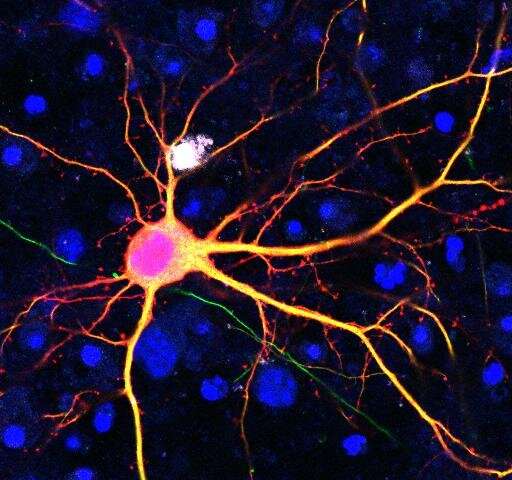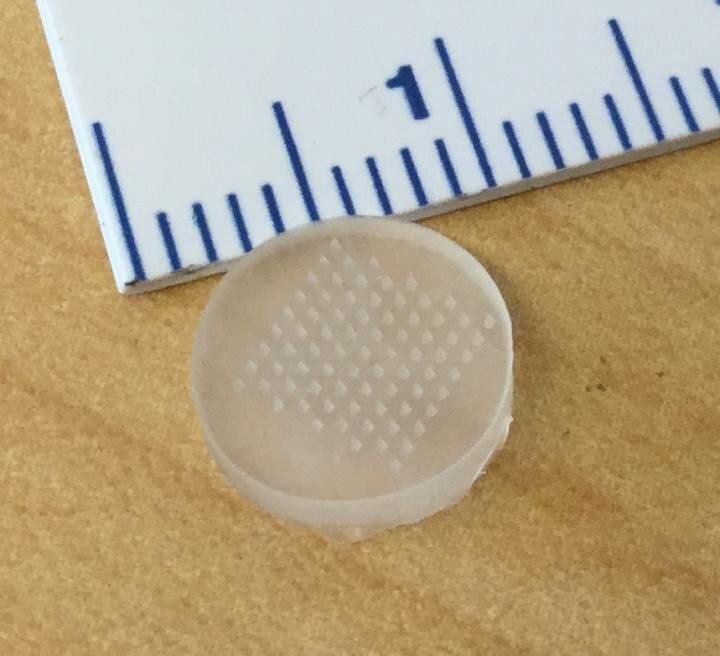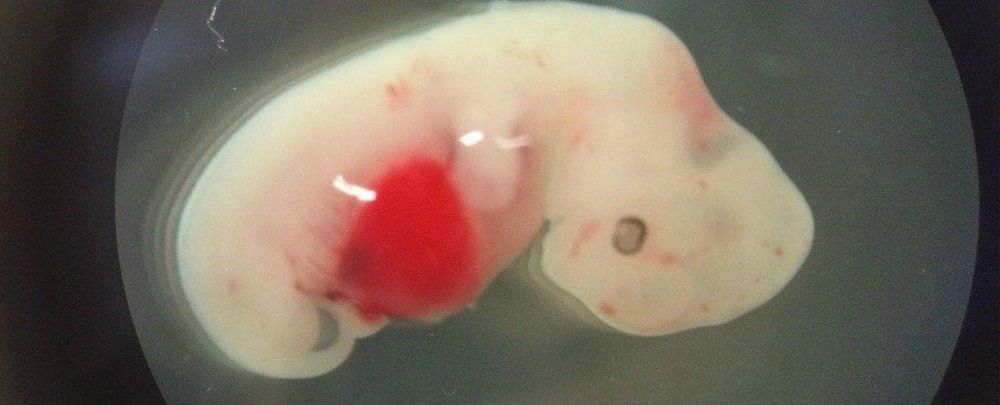The ability to edit genes in living organisms offers the opportunity to treat a plethora of inherited diseases. However, many types of gene-editing tools are unable to target critical areas of DNA, and creating such a technology has been difficult as living tissue contains diverse types of cells.
Now, Salk Institute researchers have developed a new tool—dubbed SATI—to edit the mouse genome, enabling the team to target a broad range of mutations and cell types. The new genome-editing technology, described in Cell Research on August 23, 2019, could be expanded for use in a broad range of gene mutation conditions such as Huntington’s disease and the rare premature aging syndrome, progeria.
“This study has shown that SATI is a powerful tool for genome editing,” says Juan Carlos Izpisua Belmonte, a professor in Salk’s Gene Expression Laboratory and senior author of the paper. “It could prove instrumental in developing effective strategies for target-gene replacement of many different types of mutations, and opens the door for using genome-editing tools to possibly cure a broad range of genetic diseases.”






